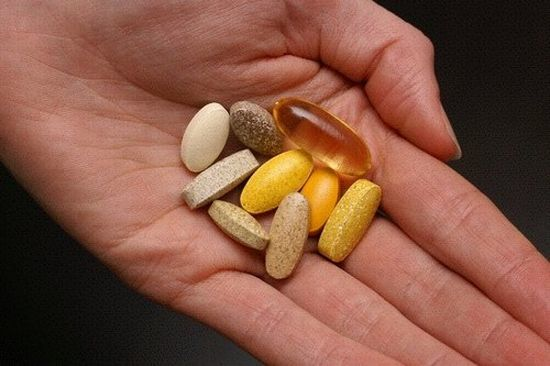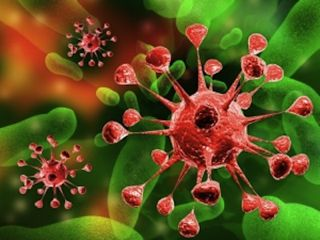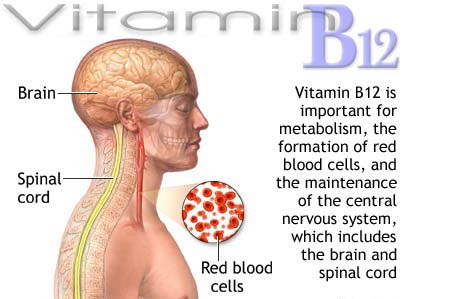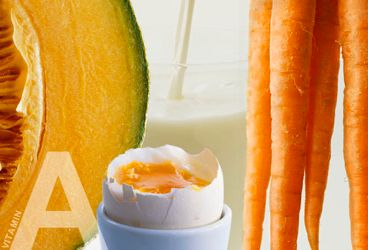
Top Ten Supplements For Primo Health

A portal for functional health topics and news.


Growing concerns over skin cancers and aging skin have forced many of us out of the sun and into the dark about vitamin D. Dramatic increases in sun protection are suspiciously coinciding with decreases in blood vitamin D levels. But is this correlation really that mysterious? Not if one knows that sun exposure is the body's main source of vitamin D production. The Vitamin D Council website states that "the high rate of natural production of vitamin D3 cholecalciferol in the skin is the single most important fact every person should know about vitamin D..."


The health benefits of Vitamin B12 are best derived from animal foods. The stomach secretes a special digestive agent called intrinsic factor to help absorb B12 from these foods. Though vegans and vegetarians lean towards fermented soy products like tempeh for Vitamin B12, scientists believe it is likely not a usable form of the vitamin (Weston A. Price Foundation). Supplementing with B12 would be recommended for those on non-animal diets, as deficiencies in cobalamin or intrinsic factor can lead to many health issues that we will discuss next.

Vitamin A was the first nutrient recognized as fat soluble. Fat soluble vitamins do not easily dissolve in water. They are absorbed in the intestines with the help of fats. There are four fat soluble vitamins: Vitamins A, D, E and K. These vitamins tend to be stored in the body and accumulate in the liver and fatty tissues. Because of this, it is possible to over-consume Vitamin A. However, this is more common when taken in supplement form than from whole foods.